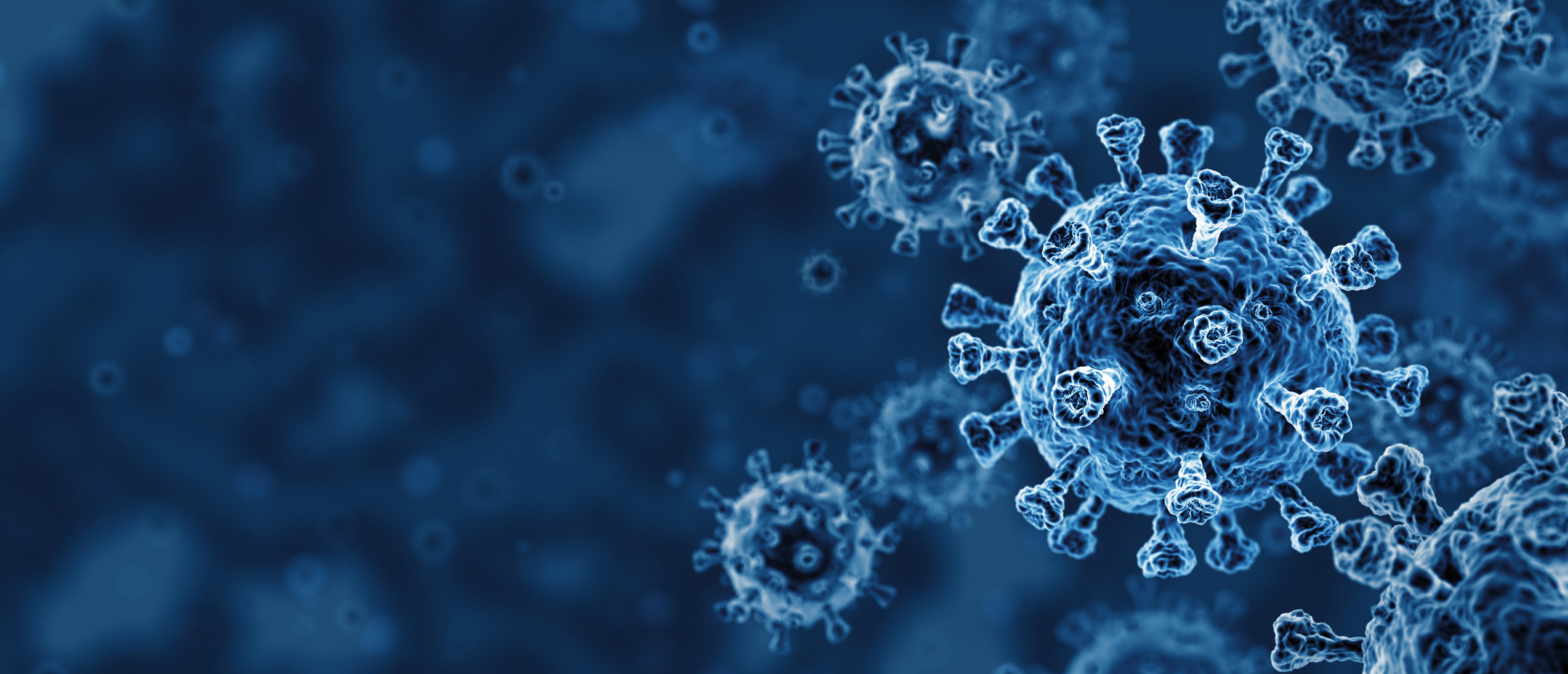
Addressing the COVID-19 Pandemic: Multi-Sectoral Approaches to Response, Recovery, and Resilience
COVID-19, the disease caused by the novel coronavirus, is upending life as we know it. Spreading like wildfire, it has jumped borders, shut down economies, and overwhelmed health care systems around the world in a matter of months, prompting the World Health Organization to declare it a global pandemic. While the public health, medical, and scientific communities race to better understand and stop this virus, the development community is left with many unanswered questions, including assessing the magnitude of COVID-19’s impact in the developing world. We do, however, know that there are factors that put large numbers of people around the globe at heightened risk both for the disease and from the resulting economic shocks. Key factors include endemic poverty and weak health systems with limited testing, surveillance, and treatment capacity. Additionally, many developing countries suffer from conflict and have displaced people living in temporary, crowded conditions. Other countries have densely populated urban slums and scarcely populated rural areas that lack access to adequate health care. In many countries, governments are fragile and lack transparency and public trust and are not able to provide basic services, including water and sanitation. Gender-based violence, a problem in the best of times, is exacerbated during times of stress, economic uncertainty, and social isolation.
Banyan Global is taking a three-pronged approach to the COVID-19 crisis that focuses on responding in the short-term; planning for long-term recovery; and building resilience for sustainability. Recognizing that COVID-19 is not just a health crisis but is disrupting every aspect of life, from education to livelihoods and from agricultural production to supply-chain and trade bottlenecks, Banyan Global is working synergistically across its practice areas, including health, finance and investment, enterprise development, gender, youth, and evaluation and learning, to take a multisectoral approach. Additionally, Banyan Global’s response, recovery, and resilience-building efforts are gendered, socially inclusive, and targeted to the needs of the marginalized, who have been hit hardest by this crisis.
In Madagascar, one of Banyan Global’s partner banks has developed an “Anti-Virus Loan”. AccesBanque Madagascar developed the loan product to allow health providers, pharmacies, and health suppliers to make bulk purchases of items they may need to respond to the outbreak, such as masks, hand sanitizer, personal protective equipment, medicine, and ventilators. This product allows borrowers to take a loan at a reduced interest rate with a three to six-month grace period before beginning repayment.
Under the United States Agency for International Development (USAID)-funded Gender Integration Technical Assistance (GITA) II project, Banyan Global is developing a technical brief on the gendered impacts of COVID-19 and strategies for designing and implementing gender-sensitive programming and activities that respond to the pandemic. Furthermore, Banyan Global is developing and curating a publicly accessible website with tools and resources, by sector, on key issues and strategies to mitigate gender inequalities in the prevention and response to COVID-19.
With record unemployment levels throughout the world, the importance of workforce development activities has never been greater. This includes the USAID-funded Empleando Futuros project in Honduras, implemented by Banyan Global. Empleando Futuros targets at-risk youth and is engaging them in job recovery and employment identification efforts, while continuing to build their skills, resilience, and motivation during this uncertain time. By surveying youth, Empleando Futuros has a better understanding of how COVID-19 is impacting their lives and how the project can best support them.
Empleando Futuros is also engaging the private sector in Honduras. This includes coordinating business associations for job recovery efforts, as well as supporting collaboration between the government and the private sector to create, validate, distribute, and train the workforce in biosecurity protocols to make the workplace safer for employees.
As the COVID-19 pandemic evolves, Banyan Global’s programming will adjust by strengthening response efforts, laying the seeds for long-term recovery, and building resilience for sustainability that meets the needs of women, youth, and the marginalized.
